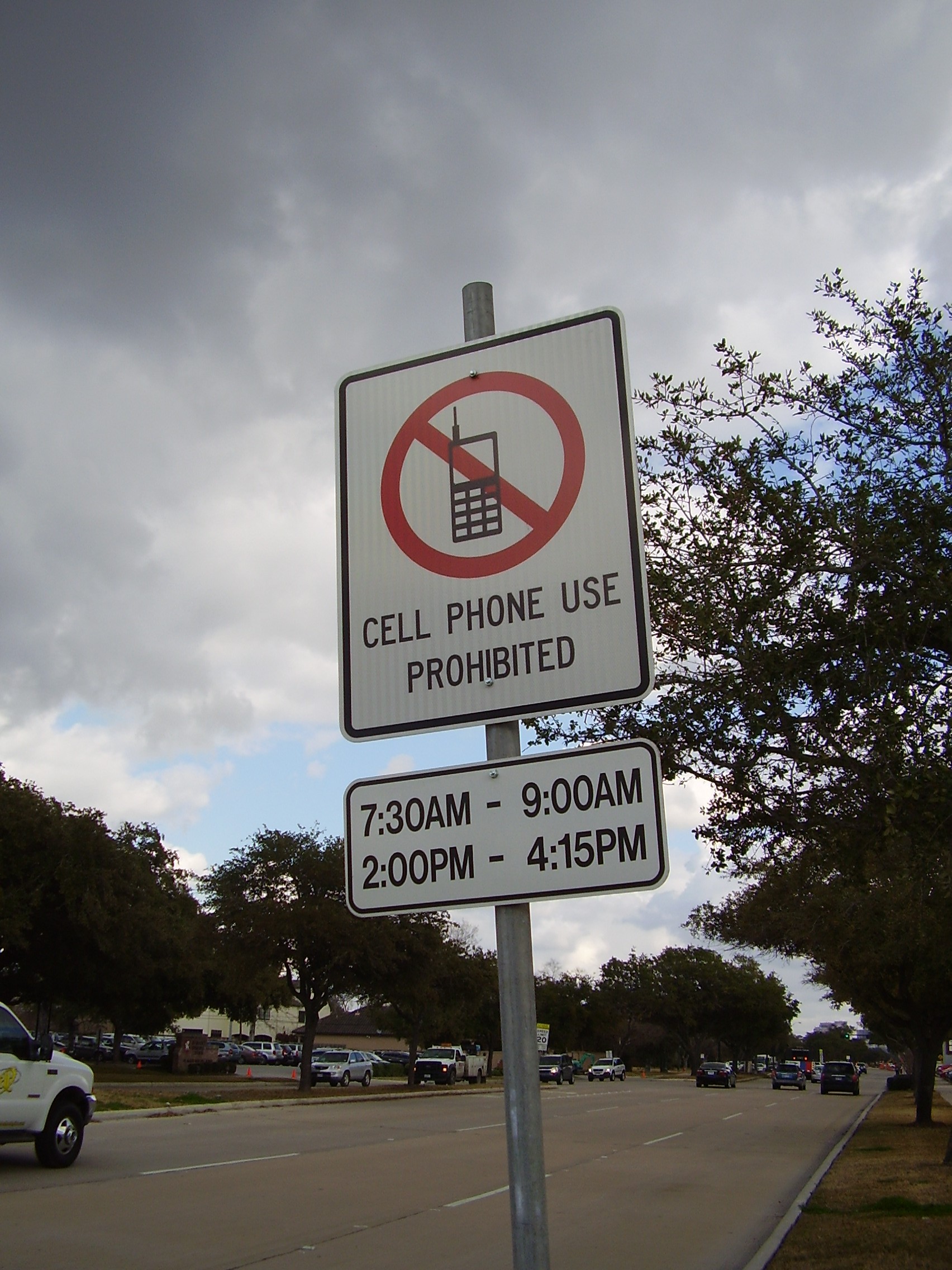“The tide is turning.” That’s Jim Kyle‘s confident declaration about the forthcoming election season in state government. Kyle, the Memphis Democrat who leads his party in the Tennessee state Senate, cites a number of precedents for his belief that 2008 will be a triumphant year for long-suffering state Democrats, who have been seeing their legislative numbers recede for a decade or two.
“Democrats just took over the Virginia state Senate, for one thing. And we’ve got more Democrats running in Republican districts, even in East Tennessee, than we ever had before,” Kyle said Tuesday — the very day that his opposite number, GOP Senate Speaker Ron Ramsey, was due in Shelby County for a meeting of the East Shelby Republican Club.
Ramsey, a Blountville Republican, came with Mark Norris, a Shelby Countian who is currently serving as the Senate Republican leader and who, Kyle and most other observers believe, wants to succeed Ramsey as Speaker and lieutenant governor should the GOP regain the tenuous majority it held for most of this year’s session and should Ramsey go on to run for governor in 2010, as all the selfsame observers expect.
“Oh, he’s running. No doubt about it,” said Kyle of his GOP counterpart’s gubernatorial hopes — though Ramsey’s immediate concerns are likely to be the same as Kyle’s: to gain a majority for his party in next year’s statewide legislative races. (For what it’s worth, the Democratic majority in the state House — 53 to 46, at the moment — is unlikely to be overturned, though the Republicans will surely try.)
As things stand now, the two major parties are tied in the Senate at 16-16. There is one “independent,” former Republican Micheal Williams of Maynardville, who was a reliable ally of (and vote for) John Wilder, the venerable Democrat who was deposed as Speaker early this year when Democrat Rosalind Kurita of Clarksville cast a surprise (and decisive) vote for Ramsey during Senate reorganization for the 2007-’08 term.
Kurita thereupon became Senate Speaker pro Tem, displacing Williams, who simmered quietly for a while then announced in mid-session last spring that he was leaving the GOP. Though he didn’t join the Democrats as such, he aligned with them for procedural purposes, giving Kyle’s party a technical majority by the thinnest possible margin.
When Chattanooga’s Ward Crutchfield, a longtime Democratic pillar in the Senate, was forced to resign after copping a guilty plea as a defendant in the Tennessee Waltz scandal, the Republicans nominated Oscar Brock, son of former U.S. senator Bill Brock, to vie for Crutchfield’s seat.
But Brock was beaten by Democrat Andy Berke in this month’s special election and with a percentage of the vote, 63 percent, that Kyle contends is 10 points in excess of the normal Democratic edge in the District 10 seat.
“That’s one more reason why I think the tide is moving our way,” Kyle said.
Of course, the Republicans are not sitting idly by without mounting a strategy of their own to gain control of the state Senate. They, too, evidently intend to compete seat by seat, district by district, as Kyle says the Democrats will, and one obvious GOP target is octogenarian Wilder of Somerville, who has so far given no indication whether he will seek reelection to his District 26 seat.
“Nobody knows. He’ll just have to decide how much he wants to be in the Senate for four more years,” said Kyle, who carefully skirted the issue of whether Wilder, who served as Speaker for 36 years until the narrow January vote that cast him out, might have ambitions of regaining the position. As Kyle noted, several other Democrats — not least, himself — might decide they want to be Speaker when the time comes.
Republican state representative Dolores Grisham, also of Somerville, has signaled her desire to compete for Wilder’s seat, and she expects to be strongly funded for the effort. “I don’t have any worries about John Wilder’s seat in a race against Dolores Grisham,” Kyle said drily.
In any case, the state Senate will be technically, and actually, up for grabs next year, and the two parties will both be making serious efforts. That fact may preclude Kyle’s making waves by recruiting a primary opponent for Kurita, whom he still has not forgiven for her vote on Ramsey’s behalf.
“We don’t,” the Democrats’ Senate leader said simply when asked how he and Kurita were getting along. That’s one thing that probably won’t change in 2008.

 YMCA
YMCA